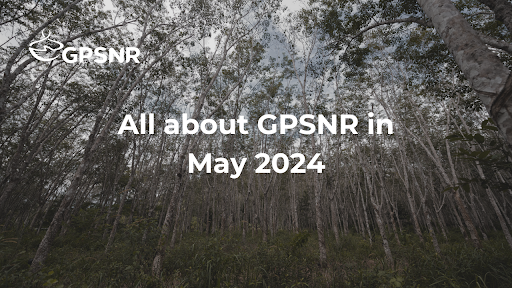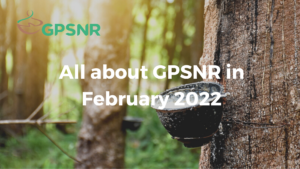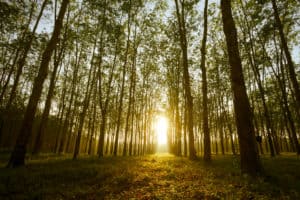Strategy and Objectives Working Group: Feedback on the Assurance Model resolution has closed, and the finalised resolution has been released along with other voting materials. Public consultation on the documents up for discussion can be found here. Members will vote on the Assurance Model resolution at the Extraordinary General Assembly and are encouraged to participate in the in-person meetings to provide input on the Assurance Model content.
Smallholders Representation and Capacity Building (SCB) Working Group: The SCB Working Group meetings in April provided updates on the Thailand Agroforestry, Thailand GAP, and Indonesia GAP projects. The final workshop for the Income Diversification and Rubber Agroforestry Taskforce in Liberia was completed. Calls for capacity-building project proposals and funding were issued and interested members are welcome to contact cheewei@gpsnr.org.
The SCB WG will continue maintaining oversight of all ongoing projects. The Pre-EGA Smallholder Webinar will run from 8 PM to 10 PM SGT on 30 May 2024. The final report for Indonesia GAP (Phase 1) and the mid-term report for the Digital Knowledge Sharing Platform are in progress and will be distributed by the Secretariat once received. The Digital Knowledge Sharing Platform Task Force will meet with the project partner, Koltiva, for remediation planning and technical review meetings. The Income Diversification and Rubber Agroforestry Taskforce will finalise their reports and prepare for the final presentation.
Shared Responsibility Working Group: The Value Transfer Group has held subsequent meetings to discuss the value transfer proposal. The group continues to meet to refine the proposal, which will be presented at the in-person meetings in June.






